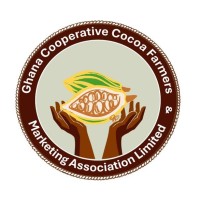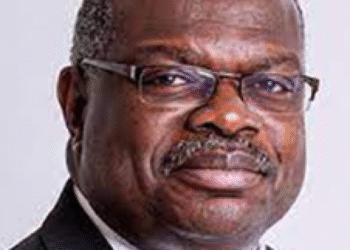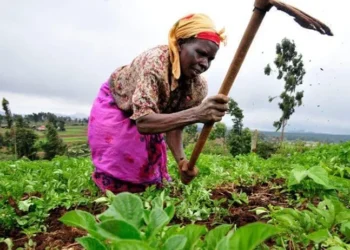The President of the Cocoa Farmers Cooperative Union, Mr. Issifu Issaka, has sharply criticised the Ghana Cocoa Board and the Ministry of Finance for what he describes as a complete disregard for cocoa farmers in the determination of the newly announced producer price.
Mr. Issaka said farmers were neither engaged nor consulted before the announcement, calling the government’s posture exclusionary and unacceptable.
“I receive it in bad faith because our expectations were not met. Because this does not represent 70% of the international market as the president promised us”
Mr. Issifu Issaka, President of the Cocoa Farmers Cooperative Union
The Finance Minister, Dr. Cassiel Ato Forson, recently announced that cocoa farmers would receive GHS 3,228.75 per 64kg bag starting August 7, 2025, equivalent to US$5,040 per tonne.
He stated that this represents 70 percent of the Free-On-Board (FOB) value and aligns with President John Dramani Mahama’s pledge to ensure a fair share of the international market price goes directly to producers.

But Mr. Issaka firmly rejected the figure and the process that led to it.
The Cocoa Farmers Cooperative Union has long advocated for direct dialogue with the Ghana Cocoa Board (COCOBOD) and relevant ministries when such price adjustments are being considered.
“Since the appointment of the new board, nobody has engaged us. We have written about five letters but no response,” he disclosed. According to Mr. Issaka, this pattern of silence from COCOBOD reinforces the perception that government institutions are not interested in understanding the real struggles of farmers.
“They did not engage in discussing how the price will be determined,” he said, insisting that the newly announced price was determined without any negotiation or feedback from the people it directly affects. “They just decided the price by themselves.”

Disappointment Over Pricing Formula
For the union, the biggest concern remains the shortfall between the announced price and what was expected based on the president’s own promise.
The government stated that the US$5,040 per tonne was calculated as 70% of the FOB value of US$7,200. But Issaka argued that, even with those figures, the final price offered does not reflect the rising cost of inputs or the depreciation of the Ghana cedi.
“We were expecting at least GHS 3,800 per 64kg bag of cocoa. That is what we had expected,” he reiterated.
The Finance Ministry, on the other hand, maintains that the new price reflects an increase of 62.58 percent from the previous rate of US$3,100 per tonne, and was calculated using an average exchange rate of GHS 10.25 to the dollar.
Despite this, the union believes that the realities of inflation, increased cost of production, and logistical hardships in cocoa-growing areas render the new price inadequate and unsustainable for smallholder farmers.

Farmers Threaten Further Action
The dissatisfaction is not merely rhetorical. Mr. Issaka warned that farmers across Ghana are growing increasingly frustrated and may soon make their discontent public.
“We are going to reject it entirely,” he said, indicating that a press conference would soon be held to announce the union’s next steps.
“Today, farmers are not able to pay labour for cocoa production,” he said, citing the growing difficulty in hiring workers for activities such as weeding, pruning, and harvesting.
The union believes the government’s unilateral approach risks further alienating farmers at a time when national cocoa production is already in decline. According to Issaka, “cocoa production is decreasing in Ghana,” and the failure to address farmer grievances will only worsen this trend.
What was supposed to be a historic and celebratory moment for Ghana’s cocoa farmers, following President Mahama’s 70% revenue pledge, is now being overshadowed by anger, suspicion, and a call for accountability.
The farmers insist that no policy should be made about them without them and are demanding an urgent dialogue to redress the imbalance.
READ MORE: Music Passion Drives Davido Beyond Fame






















